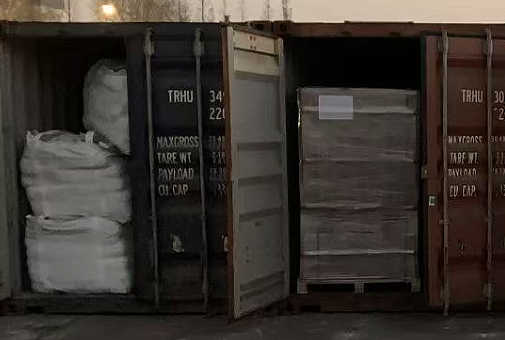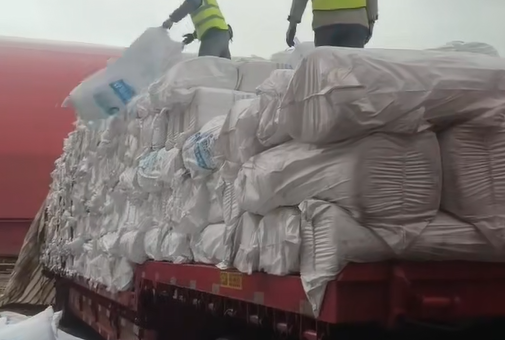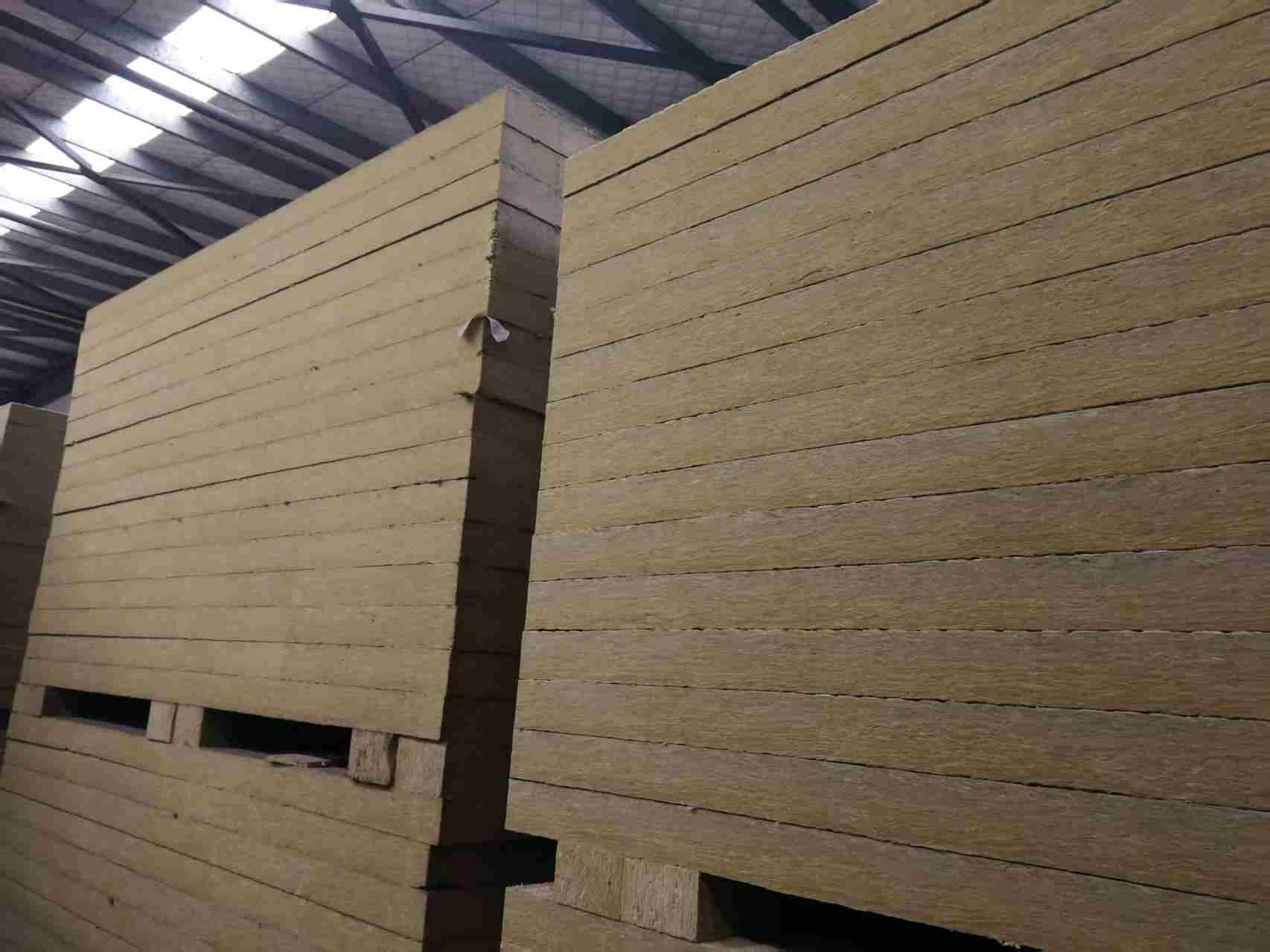Addressing Thermal and Corrosion Challenges in Power Generation
Power plants worldwide face relentless pressure to optimize energy output while minimizing operational costs. A prominent facility in the Midwestern United States confronted accelerating issues with its boiler piping and chimney linings—excessive heat loss, corrosive flue gas erosion, and spiraling maintenance expenses. This case study examines how Rosewool Insulation Refractory Co., Ltd.’s ceramic fiber board solutions transformed the plant’s operational landscape.
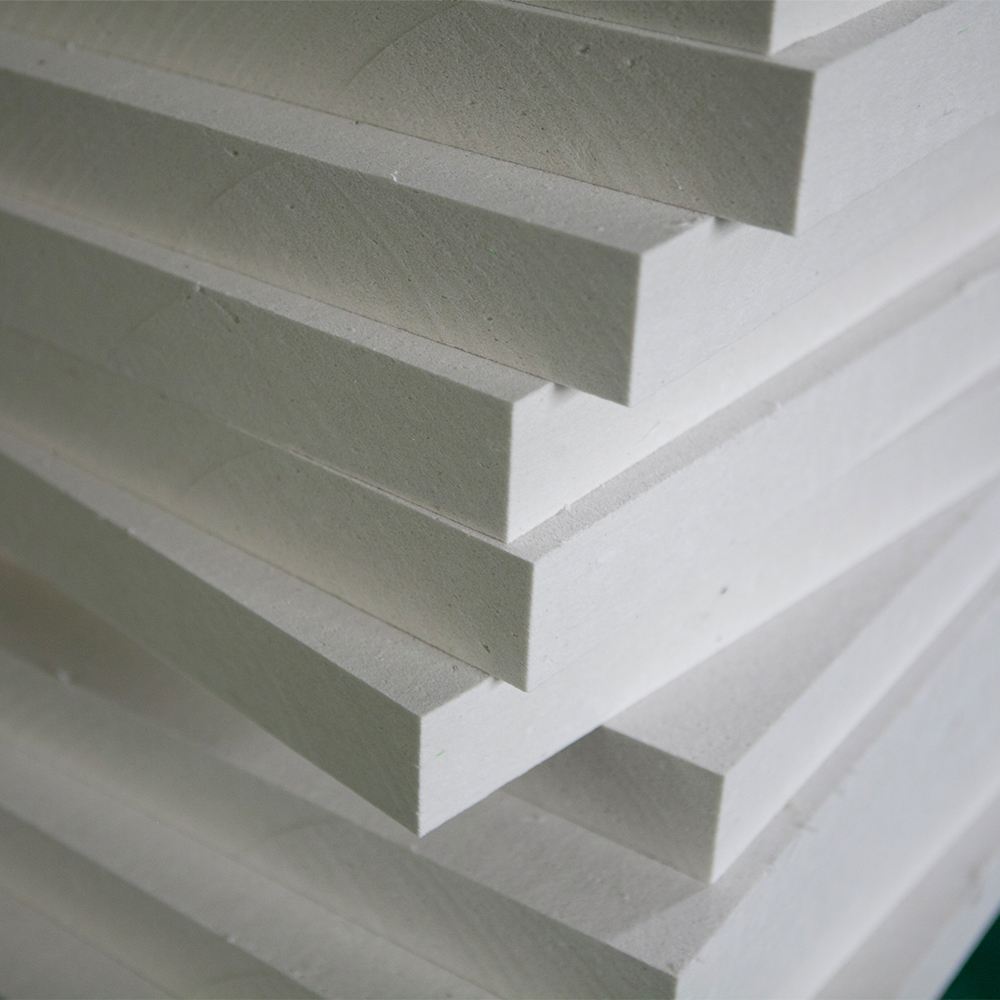
The Problem: Combating Thermal Decay and Chemical Attack
The facility’s aging boiler system, operating at 1,100°C, utilized conventional refractory bricks and castables for insulation. Key challenges included:
- Uncontrolled Heat Dissipation: Surface temperatures on boiler tubes exceeded 180°C, causing measurable energy waste.
- Acid Dew Point Corrosion: Sulfuric acid condensation from flue gases eroded traditional linings at 0.3mm/year.
- Fragility of Materials: Refractory cracks necessitated biannual shutdowns for repairs.
With EPA regulations tightening emission standards, the plant required a durable, corrosion-resistant insulation upgrade.
Solution: Rosewool’s Advanced Ceramic Fiber Board System
Rosewool engineered a tailored solution using its 1,260°C-rated ceramic fiber boards, featuring:
- Exceptional Thermal Stability: Low shrinkage (<2%) at operating temperatures.
- Chemical Resistance: Alumina-silica composition resistant to H2SO4, HCl, and particulate erosion.
- Precision Engineering: Custom-cut panels to fit Ø12” to Ø48” pipe diameters and 90° chimney bends.
Implementation Details
- Material Specification:
- Density: 280 kg/m³ for optimal strength-to-weight ratio.
- Thermal Conductivity: 0.11 W/m·K at 800°C (35% more efficient than refractory bricks).
- Installation Process:
- Surface Preparation: Abrasive blasting to achieve 75μm profile.
- Layered Application:
- Backing Layer: 50mm ceramic fiber board for thermal barrier.
- Protective Layer: 10mm calcium silicate facing for mechanical impact resistance.
- Anchoring System: Ceramic-coated studs with 304 stainless steel washers.
- Quality Control:
- Laser Scanning: Ensured ±2mm tolerance across 500m² installation area.
- Thermography: Confirmed no gaps exceeding 3mm in critical joints.
Results: Quantifiable Performance Gains
Post-installation metrics demonstrated transformative outcomes:
| Metric |
Baseline |
Post-Upgrade |
Improvement |
| Surface Temperature |
185°C |
78°C |
57.8% Reduction |
| Energy Consumption |
22.8 MWh/hr |
19.4 MWh/hr |
15% Savings |
| Unplanned Shutdowns |
3.2/year |
0.8/year |
75% Reduction |
| Corrosion Rate |
0.30 mm/yr |
0.04 mm/yr |
86.7% Reduction |
Operational Benefits Achieved
- Extended Equipment Lifespan: Predictive maintenance models now project 18-year lining life (vs. 8 years previously).
- Emission Compliance: Reduced heat loss lowered NOx formation by 12%.
- Workforce Safety: Eliminated exposure to 150°C+ surfaces during routine inspections.
Technical Superiority Over Traditional Materials
| Criteria |
Refractory Bricks |
Rosewool Ceramic Fiber Board |
| Installation Time |
12 days |
3 days |
| Thermal Shock Resistance |
Cracks at 400°C |
Withstands 1,150°C cycling |
| Weight |
2,200 kg/m³ |
280 kg/m³ |
| Repair Complexity |
Requires oven curing |
Cold repairs in 4 hours |
Third-Party Validation
Independent testing by Power Plant Research Institute (PPRI) confirmed:
- ASTM C201 Compliance: Maintained 92% of original strength after 1,000 thermal cycles.
- Acid Resistance: Passed 48-hour H2SO4 immersion test with <0.5% weight loss.
Scaling Success Across Power Generation
This project establishes ceramic fiber boards as the benchmark for power plant insulation solutions, particularly in:
- Biomass Facilities: Resisting alkali vapor corrosion.
- Waste-to-Energy Plants: Withstanding chlorine-induced high-temperature corrosion.
- Combined Cycle Systems: Enabling rapid start-up/shutdown cycles.
Future-Ready Energy Infrastructure
The facility’s upgrade underscores how ceramic fiber technology addresses global power generation challenges:
- Decarbonization: 15% energy savings reduce CO2 output by 28,000 tons annually.
- Circular Economy: 98% recyclable content supports sustainability targets.
- Grid Resilience: Faster repairs minimize downtime during peak demand periods.
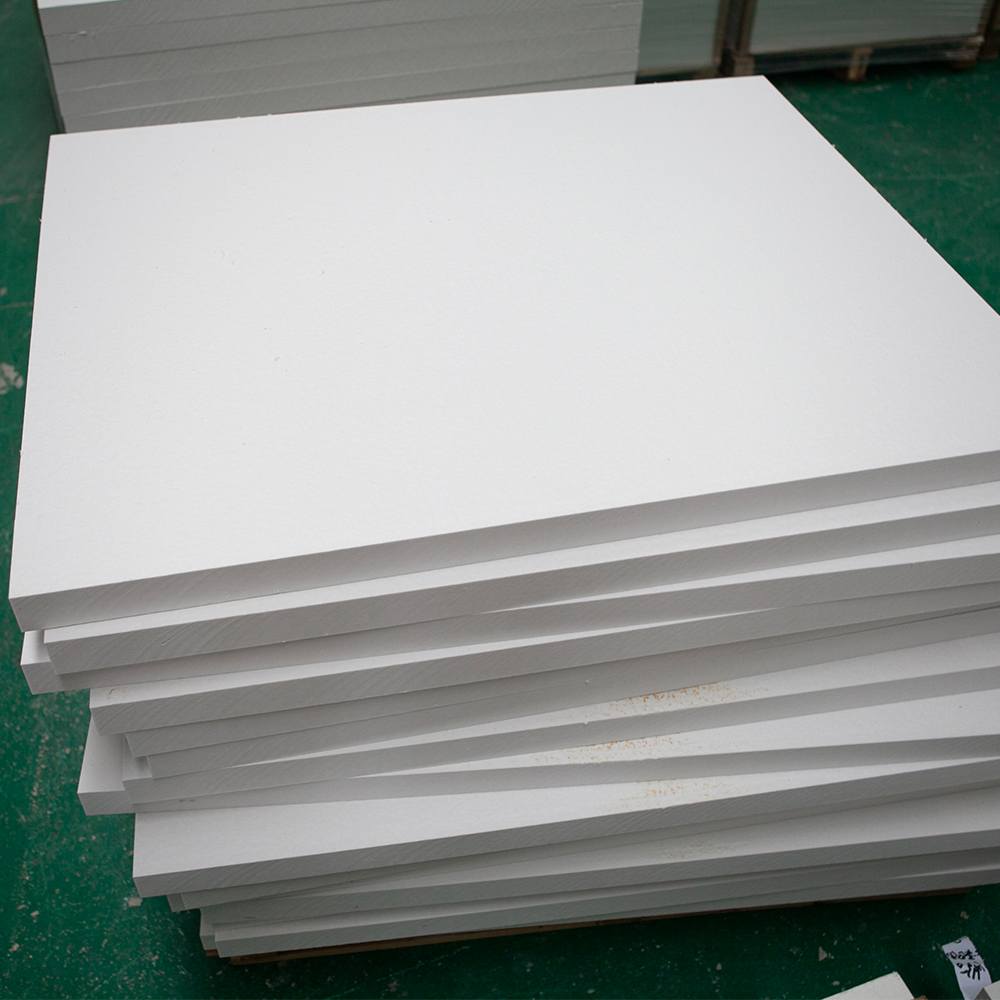
Conclusion: The Path to Operational Excellence
For power plants confronting thermal and corrosion challenges, Rosewool’s ceramic fiber boards offer a proven pathway to:
- Achieve immediate energy efficiency gains
- Comply with stringent environmental regulations
- Reduce lifecycle costs through durable performance
Maximize Your Plant’s Potential
Contact Rosewool’s power generation specialists today to schedule a thermal audit. Our global network ensures rapid deployment of corrosion-resistant insulation solutions across North America, Europe, and Asia. Whether you operate in Houston, Rotterdam, or Shanghai, our engineered systems deliver measurable ROI in extreme operating environments.


